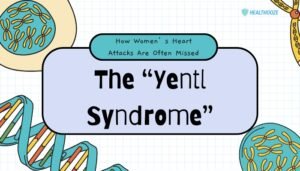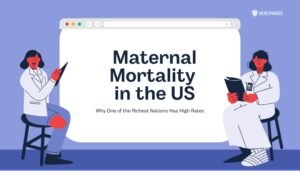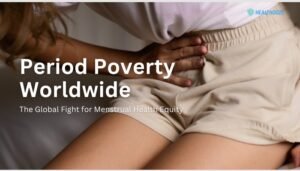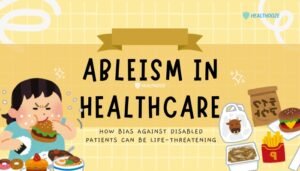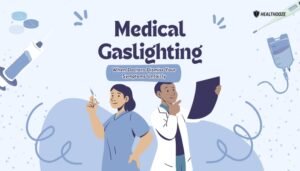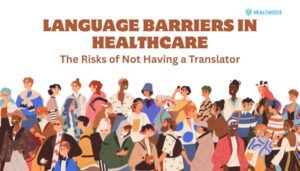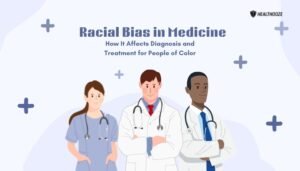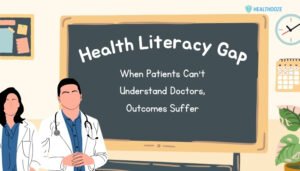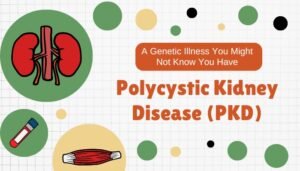The “Yentl Syndrome”: How Women’s Heart Attacks Are Often Missed
Introduction In the 1980s, cardiologist Dr. Bernadine Healy coined the term “Yentl Syndrome” to describe a troubling phenomenon: women were more likely to receive suboptimal or delayed care for heart conditions because medical practice traditionally centered on male-based research and...
Read MoreMaternal Mortality in the US: Why One of the Richest Nations Has High Rates
Introduction In global comparisons, the United States stands out for its advanced medical technology and substantial healthcare spending. Yet, this apparent advantage contrasts starkly with a sobering statistic: the US has one of the highest maternal mortality rates among high-income...
Read MorePeriod Poverty Worldwide: The Global Fight for Menstrual Health Equity
Introduction For countless women and girls, menstruation isn’t simply a monthly biological event—it’s also a source of financial and logistical strain, known as period poverty. Many face inadequate access to sanitary products, facilities, or education, resulting in missed school days,...
Read MoreToilet Access and Health: How Lack of Sanitation Causes Disease
Introduction Billions of people worldwide live without access to safe toilets, leading to serious public health concerns. Poor sanitation lets harmful pathogens contaminate water sources and surfaces, causing diarrhea, cholera, and countless other preventable illnesses. Additionally, people forced to defecate...
Read MoreAbleism in Healthcare: How Bias Against Disabled Patients Can Be Life-Threatening
Introduction The term ableism describes prejudice or discrimination in favor of nondisabled people, often manifesting as stereotypes, lack of accommodations, or disregard for the experiences of disabled individuals. In healthcare contexts, ableism can have dire repercussions: missed diagnoses, delayed treatment,...
Read MoreMedical Gaslighting: When Doctors Dismiss Your Symptoms Unfairly
Introduction Many patients leave doctor appointments feeling unheard or brushed off. If you’ve ever been told “it’s all in your head,” or “nothing’s wrong” despite experiencing persistent symptoms, you might have experienced medical gaslighting. The term refers to a situation...
Read MoreLanguage Barriers in Healthcare: The Risks of Not Having a Translator
Introduction In a diverse and multicultural society, medical staff encounter patients who do not speak the predominant language, or speak it only minimally. When health information and care instructions are lost in translation—or not translated at all—patients face misdiagnoses, improper...
Read MoreRacial Bias in Medicine: How It Affects Diagnosis and Treatment for People of Color
Introduction Healthcare isn’t immune to broader societal biases. Racial bias in medicine can manifest both consciously and unconsciously, influencing a range of clinical decisions—from prescribing pain medications to interpreting lab results. Although strides have been made to reduce inequalities, racial...
Read MoreHealth Literacy Gap: When Patients Can’t Understand Doctors, Outcomes Suffer
Introduction Medical jargon, complex instructions, and rapidly delivered information can leave many patients feeling lost or overwhelmed when talking with doctors. This gap in health literacy—the ability to obtain, process, and comprehend basic health information—drastically impacts healthcare outcomes. From misunderstood...
Read MorePolycystic Kidney Disease (PKD): A Genetic Illness You Might Not Know You Have
Introduction Polycystic Kidney Disease (PKD) is a hereditary disorder that causes fluid-filled cysts to grow in the kidneys, often leading to progressive kidney damage. Many people with PKD remain undiagnosed for years, experiencing little to no symptoms until the disease...
Read More
